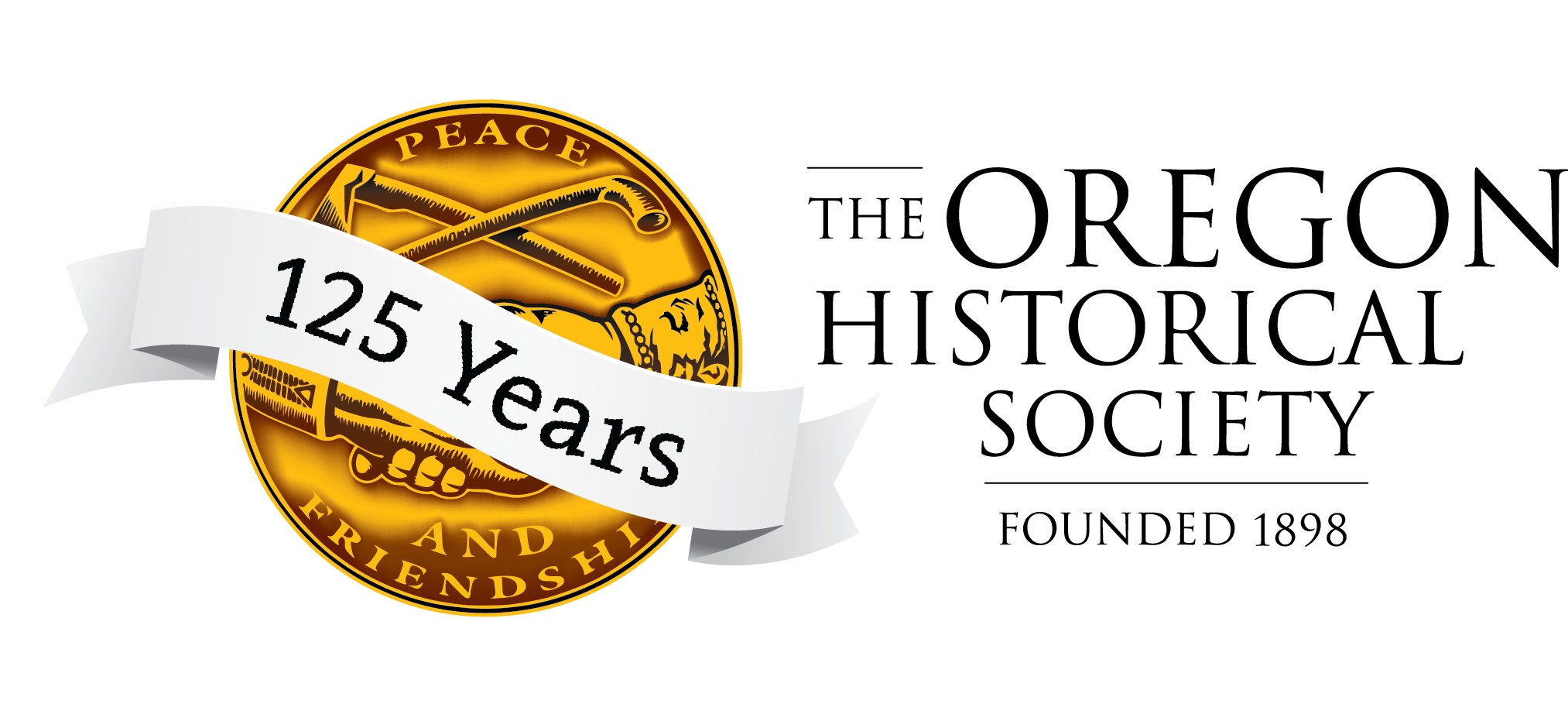Quakerism as a religious denomination came to Oregon in the 1870s, when Iowan William Hobson urged his fellow Quakers to migrate and settle in the Newberg area. In 1878, they formed a "meeting for worship." The group grew rapidly and in 15 years numbered about 1,700 in nine Willamette Valley churches. This led to the formation of the Oregon Yearly Meeting of Friends Church in 1893. The name came from Jesus' words in John 15:14: "You are my friends if you do what I command."
By 2009, the Quakers in Oregon—renamed Northwest Yearly Meeting of Friends Church—numbered about 6,500 members in 67 churches (36 churches and 3,700 members in Oregon; the rest in Washington and Idaho). These evangelical Quakers have maintained the earlier emphasis on a personal relationship with Christ.
The Quaker movement dates to seventeenth-century England and the conviction that Jesus speaks to every listener, not only through priests and ministers. This made the traditional outward rites of baptism and communion unnecessary, because they believed Jesus baptized and communed with them spiritually. They called themselves The Society of Friends, but ecstatic new believers sometimes trembled in worship, earning the group the derisive but accepted name Quakers.
Oregon Friends emulate earlier American Quakers who were instrumental in freeing slaves, helping Native Americans, moving toward suffrage and equal rights for women, and accepting prisoners and the insane as fully human—in short, expressing love for all, including their enemies. They maintain a testimony against alcohol, drugs, tobacco, and capital punishment. Most are conscientious objectors to participation in war, although nearly 60 percent of young Quaker men accepted induction when drafted during twentieth-century wars (compared to over 99 percent of non-Quakers).
A later group of western Quakers formed Pacific Yearly Meeting of Friends in 1947, and those in the Northwest began North Pacific Yearly Meeting of Friends in 1973. These Quakers emphasize social action based on a divinely inspired love for one's neighbor rather than the evangelical group's emphasis on a personal relationship with Jesus based on biblical authority. They have no pastors and generally worship in silence, speaking only as they feel led by the Divine Light within.
By 2009, this group had 50 meetings and worship groups (12 in Oregon; the rest in Washington, Idaho, and Montana), with about 2,350 members in the four states. A great majority are active conscientious objectors to war, speak and act for human rights and environmental concerns, and take a more liberal position on abortion and gay rights than the evangelical Friends. They are closely connected to the American Friends Service Committee, which responded to atrocities against Japanese Americans in World War II and worked with Northwest Yearly meeting in establishing Civilian Public Service Camps for those whose consciences kept them from the military. North Pacific and Northwest Yearly Meeting cooperate in other activities, and in recent years have worked together through the Friends World Committee for Consultation.
Oregon Quakers consistently promote education. In 1885, the evangelical Friends who formed Oregon Yearly Meeting started Friends Pacific Academy, with Herbert Hoover as one of its first students. Pacific College (now George Fox University) was founded in 1891 and grew from its original 15 students to about 3,400 in 2009, more than 100 from outside the United States. Every new professor takes a one-semester course on the history of Friends. About 10 percent of the 2009 undergraduate students and 40 percent of the faculty are Quakers, and the school's mission statement includes "preserving our Friends (Quaker) heritage."
George Fox has been acclaimed for its academic excellence. Forbes.com recognizes it as the top-ranked Christian university on the West Coast, and the school is classified by U.S. News and World Report as a "National University"—the only Christian school of higher education in the Northwest to receive that designation. By 2009, George Fox University offered 41 undergraduate and 16 graduate and seminary degrees.
Northwest Yearly Meeting began mission work in Latin America in 1930. By 2009, about 18,000 Bolivian and Peruvian Friends worshipped in independent Yearly Meetings. More recently, Northwest Yearly Meeting has joined with other missionary-minded Friends to work in Africa, Asia, and Europe. These Quakers also expressed a concern for the elderly by establishing the Friendsview Retirement Community in Newberg in 1961, with financial assistance given to some who had spent their careers in low-paid Christian service.
Northwest Yearly Meeting owns Barclay Press, which produces Friends-oriented books and other material, including a daily devotional, Fruit of the Vine. It maintains Twin Rocks Friends Camp and Conference Center in Rockaway Beach and Camp Tilikum near Newberg (plus three camps in Idaho and Washington).
-
![George Fox College.]()
George Fox College, bb005778.
George Fox College. Oreg. Hist. Soc. Research Lib., bb005778
Related Entries
-
![George Fox University]()
George Fox University
George Fox University’s roots reach to 1885 and the founding in what is…
-
![Newberg]()
Newberg
Newberg, the second largest city in Yamhill County, is located about a …
Map This on the Oregon History WayFinder
The Oregon History Wayfinder is an interactive map that identifies significant places, people, and events in Oregon history.
Further Reading
Beebe, Ralph K. A Garden of the Lord: A History of Oregon Yearly Meeting of Friends Church. Newberg, Ore.: The Barclay Press, 1968.
Beebe, Ralph K. A Heritage to Honor, a Future to Fulfill: George Fox College, 1891-1991. Newberg, Ore.: The Barclay Press, 1991.
Dandelion, Ben Pink. An Introduction to Quakerism. Cambridge: Cambridge University Press, 2007.
Roberts, Arthur, Through Flaming Sword (Newberg, OR: Barclay Press, 2008)






